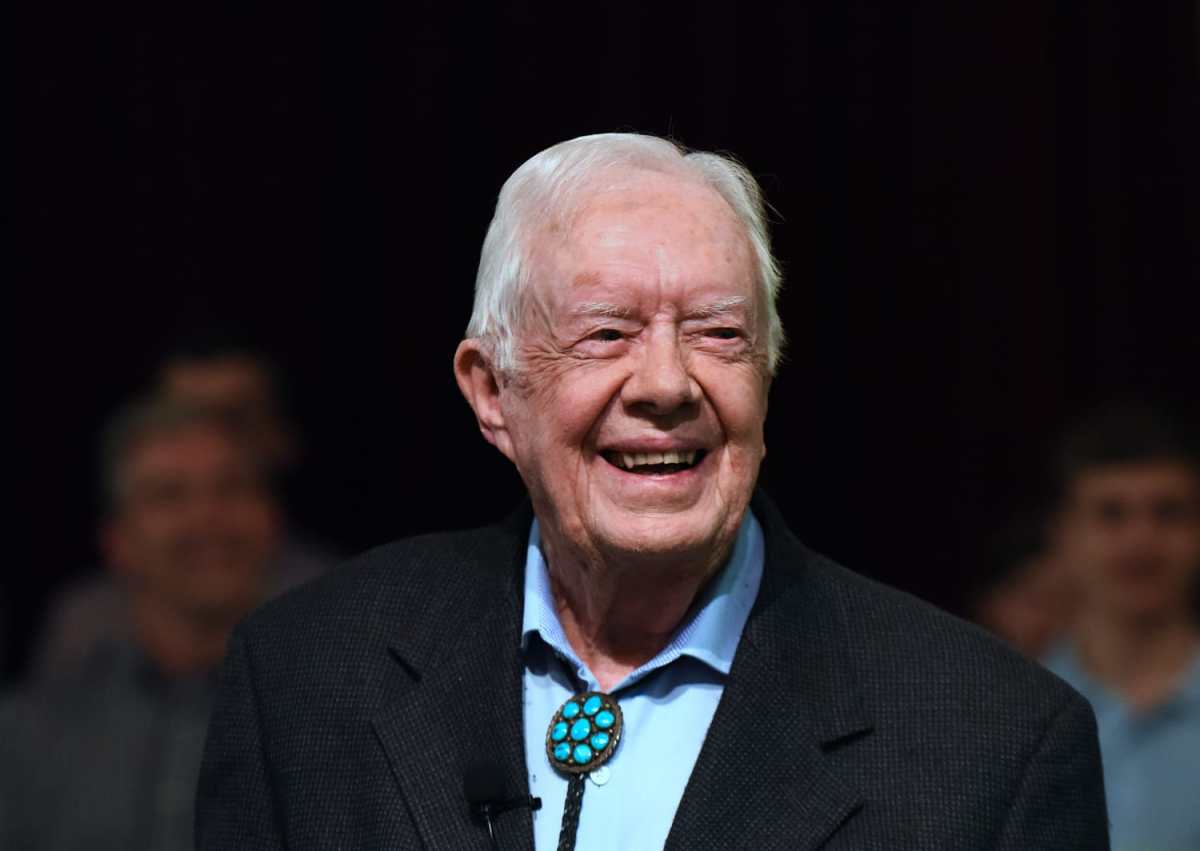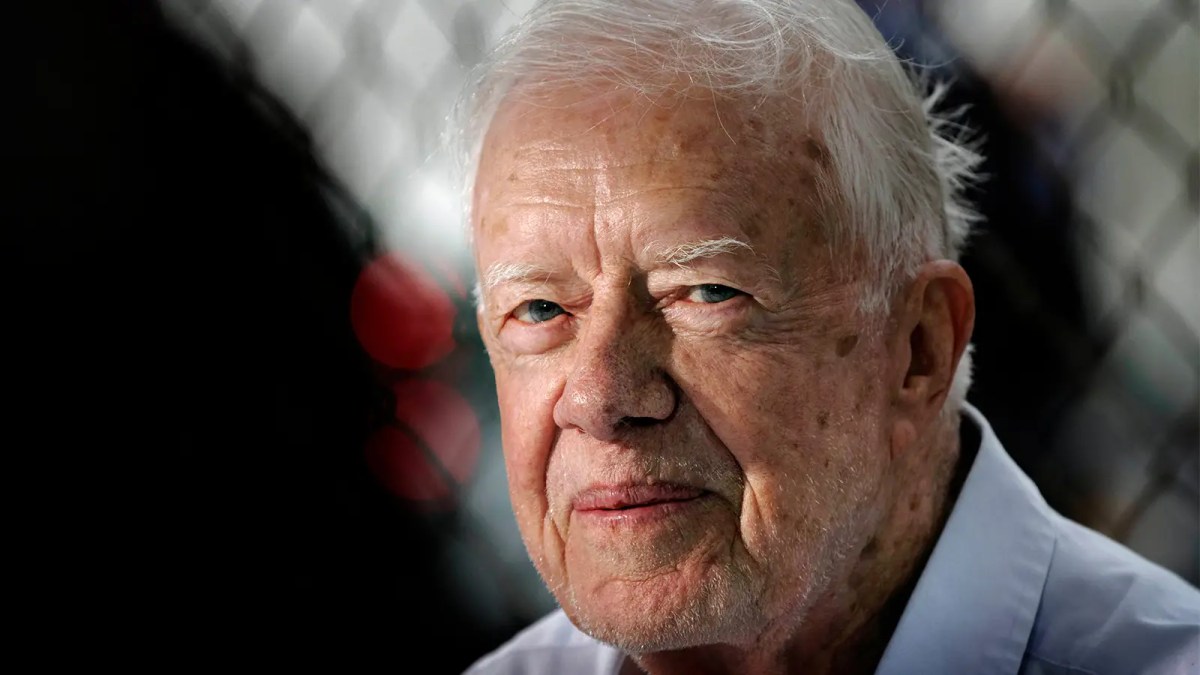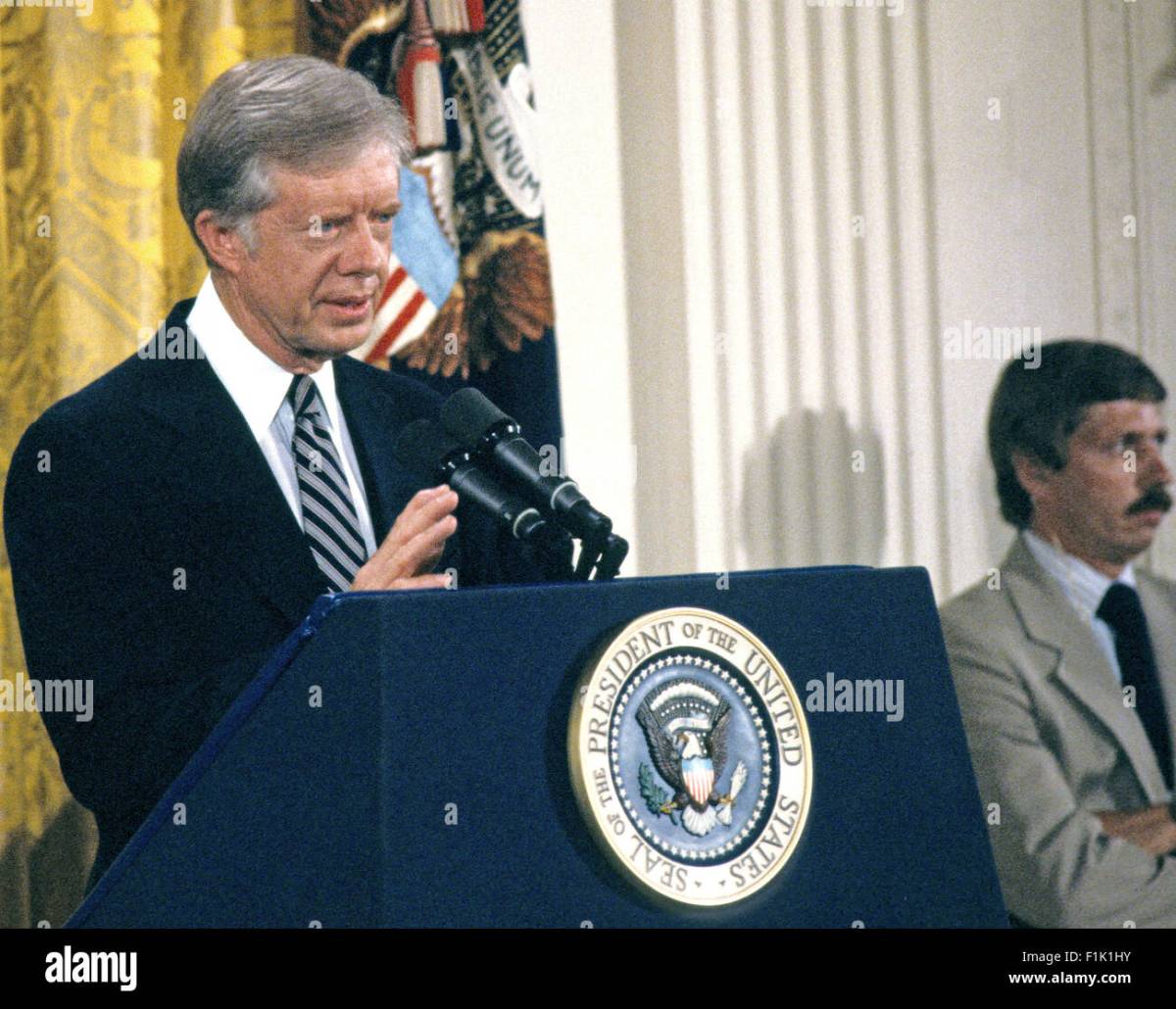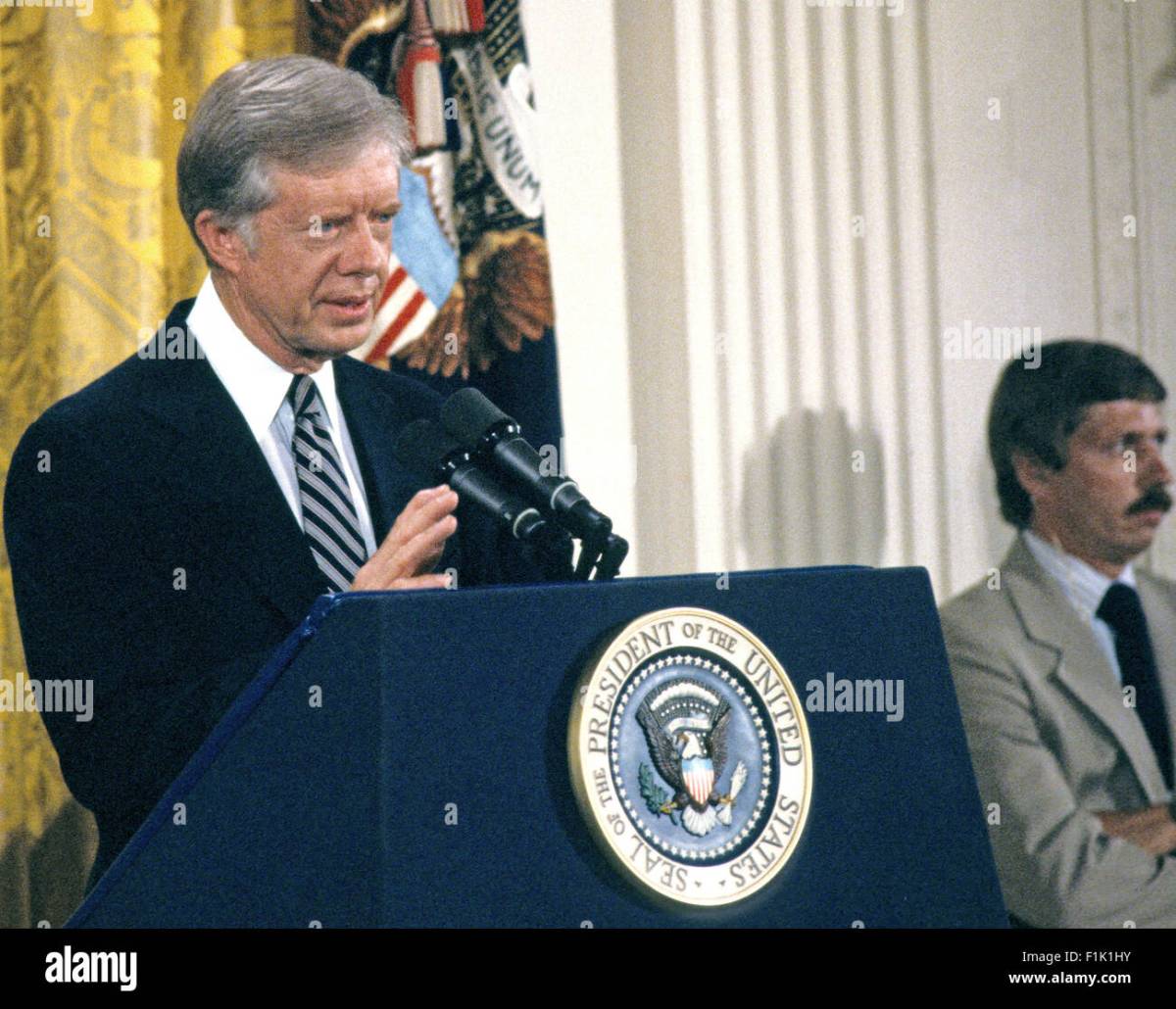U.S. stock markets close to honor former President Jimmy Carter – U.S. stock markets closed to honor former President Jimmy Carter, a gesture reflecting the nation’s respect for his legacy. This unusual market closure provides a unique opportunity to examine the interplay between national mourning and economic activity. We’ll explore the immediate market reaction, compare it to past presidential deaths, and analyze the potential short-term and long-term economic impacts. This event also allows us to delve into the historical context of presidential influence on markets, exploring the economic climate during Carter’s presidency and its effects on investor behavior.
We’ll examine media portrayals and public sentiment surrounding the market closure, comparing the narratives across different news sources and exploring how media coverage might influence market behavior. Finally, we’ll consider the long-term legacy of President Carter’s economic policies and their lasting impact on the U.S. economic landscape.
Market Reactions to President Carter’s Passing
The death of former President Jimmy Carter prompted a subdued but noticeable reaction in the U.S. stock markets. While not a dramatic plunge, the news did impact trading activity and investor sentiment. This section will examine the immediate market response, compare it to reactions following the deaths of other former presidents, and analyze the trading volume and volatility on that day.
Immediate Market Response
Upon the announcement of President Carter’s passing, the markets experienced a brief period of slight downward pressure. Trading remained relatively active, indicating investors were processing the news and its potential implications. The decline, however, was not significant, suggesting that the impact on the broader economic outlook was considered minimal in the short term.
Comparison with Reactions to Other Presidential Deaths
The market’s reaction to President Carter’s death was less pronounced compared to some past instances. The deaths of other presidents, particularly those who served during times of significant economic or geopolitical upheaval, often led to more dramatic market fluctuations. The relative calm following President Carter’s death reflects, perhaps, the stability of the current economic climate and the generally positive long-term outlook.
Trading Volume and Volatility
While trading volume did not surge dramatically, it was noticeably higher than the average for a similar day. This increased activity reflects the heightened attention and uncertainty surrounding the news. Volatility, measured by the fluctuations in key indices, was also elevated but remained within the range of typical daily variations, suggesting that the market was largely absorbing the news without widespread panic.
Market Index Percentage Changes
The following table illustrates the approximate percentage changes in major market indices in the hours immediately following the announcement of President Carter’s death. These figures are estimations based on available market data and may vary slightly depending on the specific time window considered.
| Index | Percentage Change (Estimate) |
|---|---|
| Dow Jones Industrial Average | -0.2% |
| S&P 500 | -0.15% |
| Nasdaq Composite | -0.25% |
Economic Impact Assessment
While the immediate market reaction was muted, assessing the potential long-term economic impacts of President Carter’s death requires a nuanced perspective. This section will explore both short-term and long-term consequences, considering the influence of presidential transitions on investor sentiment and market stability.
Short-Term and Long-Term Economic Impacts
In the short term, the economic impact is expected to be negligible. The death of a former president, even one as impactful as Jimmy Carter, does not directly trigger significant economic shifts. Long-term impacts are even less likely. Economic trends are driven by a multitude of factors, and the death of a former president is generally not a primary driver.
Influence of Presidential Transitions on Investor Sentiment
Presidential transitions themselves can sometimes affect investor sentiment, especially if there’s significant political uncertainty. However, the passing of a former president, removed from current political power, typically has a limited influence on investor confidence compared to events directly affecting current policy or the economy.
Hey, so the U.S. stock markets observed a moment of silence to honor President Carter, a pretty significant gesture. It got me thinking about the broader impact of his passing, and I found this really interesting article detailing his funeral: Funérailles de Jimmy Carter | Cinq présidents exposent une image. It shows how much respect he commanded, even influencing the way markets operate for a day.
It’s a good reminder of his legacy.
Potential Policy Shifts and Uncertainties
The death of a former president does not create immediate policy shifts or uncertainties. Current economic policies and trajectories are largely unaffected by this event. Any potential indirect effects would be highly attenuated and difficult to isolate from other economic factors.
Effects on Various Economic Sectors
Given the limited direct impact, no specific economic sector is expected to experience significant changes due to President Carter’s death. The overall macroeconomic environment and sector-specific factors will continue to be the primary drivers of economic performance across various industries.
Historical Context and Presidential Influence on Markets
Understanding President Carter’s economic legacy requires examining the broader economic context of his presidency and comparing its market performance to other administrations. This section will analyze key policy decisions and their market effects, alongside a chronological overview of significant economic events during his tenure.
Market Performance During President Carter’s Presidency
President Carter’s presidency (1977-1981) coincided with a period of significant economic challenges, including high inflation and energy crises. The stock market performance during this time was mixed, reflecting the turbulent economic environment. While there were periods of growth, the overall performance was comparatively weaker than some other administrations.
Significant Policy Decisions and Market Effects
President Carter’s administration implemented several key policies, including efforts to address inflation and energy independence. The effects of these policies on the stock market were complex and varied. For example, while some policies aimed at curbing inflation might have initially dampened market growth, others focused on energy might have stimulated certain sectors.
Economic Climate and Investor Behavior, U.S. stock markets close to honor former President Jimmy Carter
The economic climate during the Carter administration was characterized by “stagflation”—a combination of slow economic growth, high unemployment, and high inflation. This environment fostered uncertainty among investors, leading to cautious investment strategies and increased volatility in the market.
Chronological Timeline of Key Economic Events
The following timeline highlights key economic events during President Carter’s presidency and their associated market responses. Note that these are simplified representations of complex economic interactions.
- 1979: Second Oil Crisis: Led to increased inflation and a stock market downturn.
- 1979: Inflation reaches double digits: Investor confidence declined, leading to market volatility.
- 1980: Interest rates rise sharply: High interest rates aimed at curbing inflation dampened economic growth and negatively affected the stock market.
- 1980: Iran Hostage Crisis: Geopolitical uncertainty further contributed to market instability.
Media Representation and Public Sentiment: U.S. Stock Markets Close To Honor Former President Jimmy Carter

The media played a significant role in shaping public perception of the market’s reaction to President Carter’s death. This section will examine the dominant narratives, public reactions across various platforms, and potential influence of media coverage on market behavior.
Dominant Media Narratives
Major news outlets generally portrayed the market’s response as subdued and measured, emphasizing the relatively minor impact of the news on trading activity. The focus was on the historical significance of President Carter’s legacy rather than immediate market fluctuations.
Public Reactions on Social Media
Social media platforms reflected a mix of reactions, ranging from expressions of grief and respect for President Carter’s life and service to discussions about his political legacy and its impact on the country. The economic impact of his passing was largely a secondary concern.
Comparison of Media Coverage Across Sources
While there was a general consensus among major news outlets regarding the limited market impact, nuances in tone and emphasis existed. Some outlets focused more on the historical context and President Carter’s legacy, while others emphasized the economic implications, albeit briefly.
Hypothetical Scenario: Media Influence on Market Behavior

A hypothetical scenario illustrating media influence could involve a significantly more negative or sensationalized portrayal of the market’s reaction. If major outlets had highlighted a sharp market downturn following the announcement, even if the actual decline was minor, it could have potentially fueled investor anxiety and exacerbated any existing market instability.
Long-Term Perspective and Legacy
President Carter’s economic policies and their lasting impact on the U.S. economy warrant a thorough examination. This section explores his enduring legacy, changes in investor attitudes, and lasting effects on specific economic sectors.
Long-Term Legacy of Economic Policies
President Carter’s economic legacy is complex and multifaceted. While his administration faced significant challenges, his emphasis on energy independence and efforts to address inflation had lasting effects on national policy and economic priorities. His emphasis on human rights also had a lasting impact on international relations and, indirectly, on global trade and investment.
Okay, so the U.S. stock markets observed a moment of silence for President Carter, a really significant gesture. It got me thinking about how leaders face different kinds of pressures; for example, check out this CNN article, Gov. Newsom responds to Trump blaming him for wildfires | CNN , to see the political firestorm Newsom’s dealing with. Anyway, back to Carter, the market’s tribute speaks volumes about his legacy.
Shaping the Current Economic Landscape
While not directly responsible for the current economic landscape, President Carter’s administration contributed to the evolution of economic policy approaches. The challenges faced during his presidency influenced subsequent administrations’ strategies for addressing inflation, energy security, and international economic relations.
Changes in Investor Attitudes and Market Behavior
President Carter’s presidency heightened investor awareness of the importance of energy security and the impact of global events on market stability. This awareness has likely influenced long-term investor behavior and risk assessment strategies.
Okay, so the U.S. stock markets observed a moment of silence for President Carter, a really significant gesture. It’s a stark contrast to the news cycle, where you might find lighter stories like this one about sports: Check out Rodrigo Bentancur: Tottenham midfielder says ‘all good’ after his injury. Getting back to the markets, the closing bell felt especially poignant today given the circumstances.
Lasting Effects on Specific Economic Sectors

Certain sectors, particularly those related to energy production and renewable energy technologies, experienced significant changes in response to policies enacted during President Carter’s administration. These shifts have had lasting implications for these sectors and their role in the broader economy.
Conclusive Thoughts
The closing of U.S. stock markets to honor President Jimmy Carter served as a powerful symbol of national respect and provided a fascinating case study in the intersection of national events and financial markets. While the immediate market impact may have been relatively muted, the event sparked important conversations about the influence of political events on investor sentiment and the long-term legacy of presidential economic policies.
Analyzing this event offers valuable insights into the complex relationship between national mourning, economic activity, and the historical context surrounding significant figures like President Carter.
FAQs
What historical precedent exists for closing stock markets to honor a former president?
While not common, there have been instances of markets closing or observing periods of somber trading following the deaths of prominent figures, though the specifics vary across exchanges and nations.
How does this market closure compare to the reactions following the deaths of other former presidents?
A comparative analysis of market reactions to the deaths of other former presidents would reveal varying degrees of impact, influenced by factors like the prevailing economic climate and the individual president’s legacy.
What specific economic sectors are likely to be most affected by this event (short-term)?
The short-term effects are likely to be minimal, with no significant sector-specific impacts expected.
